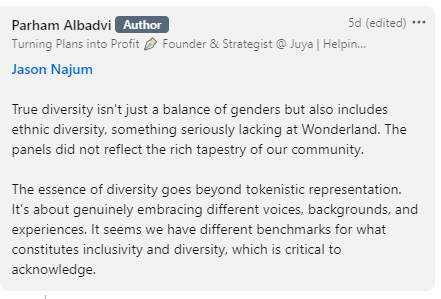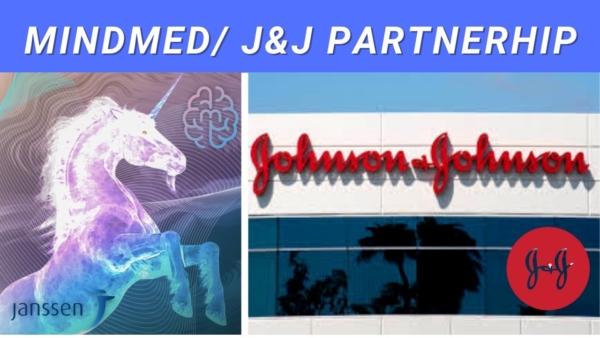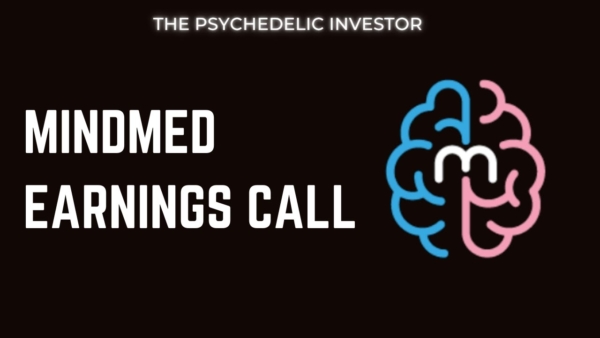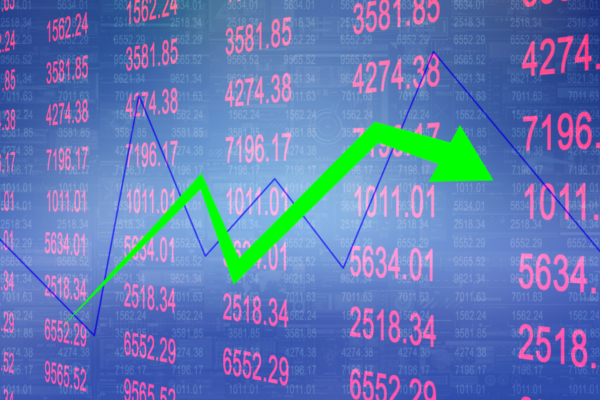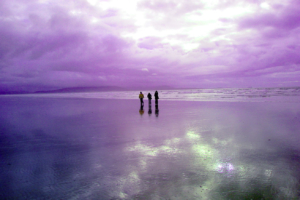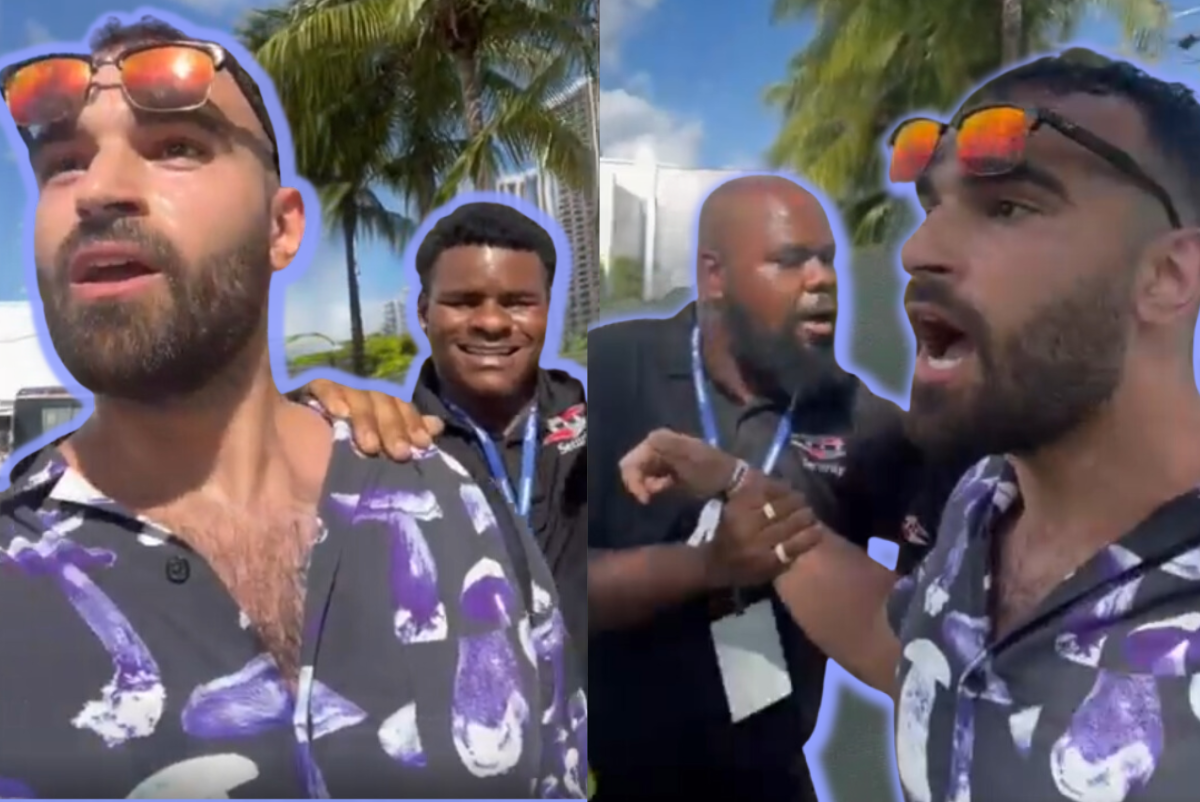
Few can argue that over the last 3-4 years, psychedelics have taken some rather significant strides with breaking into the mainstream.
For many decades, substances once dismissed as nothing more than recreational party drugs have undergone a substantial transformation in public perception. Organizations and biotech companies like the Multidisciplinary Association for Psychedelic Studies (“MAPS”), Cybin, and ATAI Life Sciences, have successfully recalibrated that perception thanks to the breakthroughs that many of their respective clinical trials involving psychedelic-related drugs have recently achieved.
Understandably, these breakthroughs have sparked a growing amount of interest and curiosity throughout society, particularly within the investment community, as well as many individuals within the medical and scientific communities who are eager to gain a better understanding of the therapeutic potential that psychedelics might hold.
Microdose has played a pivotal role in helping to bridge the gap between the growing number of organizations, companies, scientists, entrepreneurs, and advocates—whether they have recently entered the scene or, in the case of Rick Doblin and MAPS, have been meticulously laying the foundation brick by brick for this new and emerging psychedelic industry over several years. All the while, Microdose is a valuable resource for a society that is chomping at the bit for more information about psychedelic-assisted therapy.
In November of 2020, Microdose hosted its inaugural Wonderland Conference in Miami and billed it as “the Premier Global Event for Psychedelics, Mental Health & Longevity.”
Living up to its swanky South Beach location, Wonderland has carved out an identity as the event where anyone who is anyone in the psychedelic industry can be found.
From informative and educational-driven panel discussions, to immersive music and art activities, Wonderland delivers an environment that uniquely balances science and the spirit of a South Beach white party.
Big events and social gatherings, whether parties or business conferences, are no stranger to glitches and hiccups, regardless of who is hosting them.
If those behind Wonderland were not aware of this, then they most certainly would be now, following a pair of controversial, and semi-viral, incidents that have impacted each of their last two conferences.
As a quick recap, during last year’s Wonderland conference, certain journalists and academics were banned, as reported by Psychedelic Spotlight. One journalist was forcibly removed by show security and Miami police.
Admittedly, those of us who work in and cover the psychedelic industry on a daily basis tend to live in a vacuum when it comes to events that transpire within the psychedelics space. Therefore, what we perceive as a “viral” event within our industry is likely something that would not even register on society’s much grander Richter scale of viral events.
Nonetheless, the significance of an incident that has a direct impact on the lives of real people, real companies, and organizations should not be diminished or even swept under a rug simply because it lacks Kardashian-esque viralability.
It’s tough to imagine the psychedelic industry coming anywhere remotely close to fulfilling its promise of revolutionizing mental and physical health and wellbeing for everyone if transparency isn’t prioritized. That is why we, here at Psychedelic Spotlight, felt it was important to hear from both sides of the story related to this year’s incident at Wonderland, which understandably so, brought to light some very important matters concerning racial profiling, discrimination, moral behavior, and individual accountability.
Psychedelic Spotlight looked to journalist, Dave Hodes, to help provide an accounting of this year’s incident involving Parham Albadvi, a Wonderland attendee who was expelled from the event.
Hodes was also able to acquire direct quotes from both Albadvi and members of the Microdose leadership team, providing both sides with the opportunity to share their recollections as well as follow-up thoughts on the events that transpired.
Here is what Psychedelic Spotlight was able to unravel:
***
There was a two-hour delay getting credentials on the first day of Wonderland 2023 that resulted in one frustrated attendee getting kicked out because of his (at times) aggressive complaints.
There is more to both sides of the story, according to Parham Albadvi, the frustrated attendee, and Connor Haslam, the CEO of Microdose, as revealed in a separate interview by Psychedelic Spotlight.
The quick explanation is that Albadvi violated some of the published rules of the event’s code of conduct, and Microdose management expelled him.
Albadvi then went to LinkedIn and posted his account of the events. Both Patrick Moher, president of Microdose, and Haslam responded to that post.
Here’s what happened based on information we have gathered from both parties involved in this incident:
During the first day of the conference, Albadvi told Psychedelic Spotlight, he voiced his complaints to onsite members of Microdose management about the two hour delay, and the reorganizing of some of the presentations as a result, which he said came with no notice from show organizers.
His discussions with conference organizers, which, he admitted, became loud at times, led to escalated tensions. He claims the event organizers threatened to involve the police, accusing him of assault against a female staffer.
Haslam witnessed one of those complaints: Albadvi called a female staffer a very offensive name (that can’t be repeated here). That was a red flag for Haslam. “That kind of draws the line and goes beyond any type of respectful communication,” he told Psychedelic Spotlight. “So, when something like that happens, you have to take action.”
Haslam says that after he and his staff discussed the incident, it was revealed that other members of his team had witnessed additional interactions involving Albadvi on that particular day.
By the second day of the three-day conference, the event organizers had had enough.
Wonderland officials wrote in a joint LinkedIn response to Albadvi’s post that there were 10 incidents where Albadvi acted out. Haslam said he had personally witnessed five or six. “I saw him approaching a group of people in a very aggressive manner. He looked like he was basically ready to fight someone at that point. So, I was seeing him at the venue, and harassing numerous team members. It comes to a point where we need to handle this in the most appropriate manner, and that’s what security is hired for.”
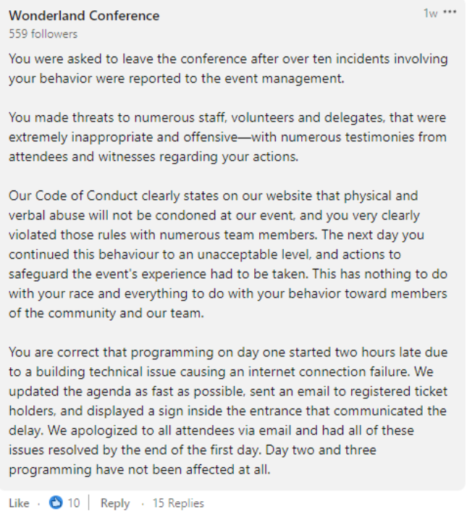
So what exactly happened on day two of the psychedelic conference?
At the beginning of the second day, Albadvi demanded a refund. “When I did that, I started seeing one bodyguard, then two bodyguards, then three bodyguards coming close to me,” he explained. “I am at the food truck waiting on food, and I see myself surrounded by bodyguards. And one of the conference management guys was yelling at me that I had to leave.”
Albadvi wrote in his LinkedIn post that he was then “forcefully removed by black bodyguards while a predominantly white audience looked on,” charging conference management with “racial profiling” because of his Middle Eastern descent. He captured the moment he was escorted by security guards out through an entrance of the Ice Palace in a short video clip he posted on his LinkedIn wall.
In the days that followed the event, a public back and forth exchange of words recounting the incident would unfold on LinkedIn between Albadvi and Jason Najum, the senior writer and editor at Microdose, who is also of Middle Eastern descent:
Najum expressed the following within the comments thread of Albadvi’s LinkedIn post explaining the incident:
“I am one of the people Parham acted aggressive with. Yelled at me for no reason. He also used disgusting language against one of our female colleagues. All because he had to wait in line for a bit. This had NOTHING to do with race. And to play that card instead of taking responsibility for your actions is an insult to people who actually face discrimination.”
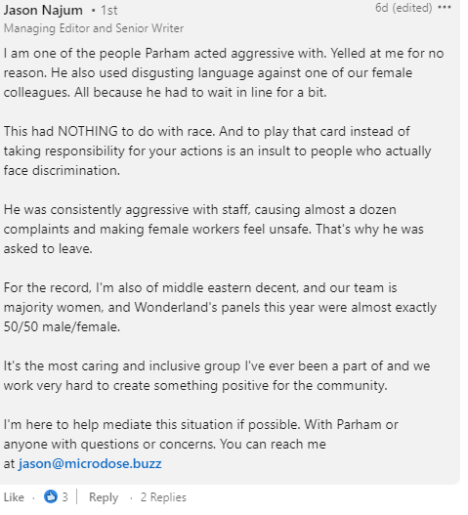
Albadvi responded to Najum’s comments within the same LinkedIn post thread stating the following:
“The essence of diversity goes beyond tokenistic representation. It’s about genuinely embracing different voices, backgrounds, and experiences. It seems we have different benchmarks for what constitutes inclusivity and diversity, which is critical to acknowledge.”
Haslam noted that he had personally witnessed five or six incidents with Albadvi. “I saw him approaching a group of people in a very aggressive manner. He looked like he was basically ready to fight someone at that point. So I was seeing him at the venue, and harassing numerous team members. It comes to a point where we need to handle this in the most appropriate manner, and that’s what security is hired for.”
Richard Skaife, a founding partner of the Conscious Fund and a Wonderland co-founder who made the final call on kicking Albadvi out, also joined the LinkedIn exchange:
“I can if it helps read you some of the statements from my team, who are comfortable with me sharing these with you, this will also include statements from delegates and volunteers who had either direct interactions with you or witnessed your conduct. I can also refresh your memory on the chronology of matters.”

Albadvi responded: “Your offer to discuss is a step forward. The format you propose, where you read statements from your team and others, seems to present a one-sided narrative. An independent third-party facilitator, particularly one with an understanding of racial dynamics could ensure a fair and balanced discussion. There needs to be recognition of specific incidents, including the conduct of your co-founder, which was highly unprofessional and inappropriate. As someone who made the final decision regarding my exclusion, the responsibility to initiate this dialogue should come from you.”
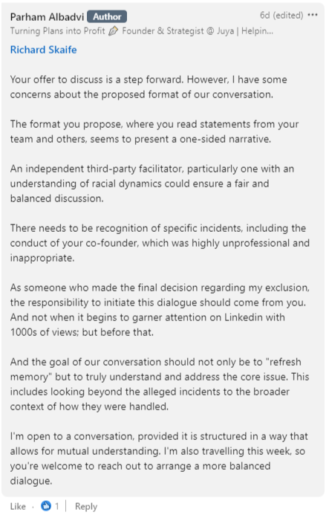
According to Halsam, the expulsion had nothing to do with race. “It had everything to do with his actions towards other human beings,” he explained.
“I acknowledge that when emotions run high, I could have said something or raised my voice,” Albadvi said. “So, I definitely acknowledge my part in all of this.”
If he had a chance to talk one-on-one with Haslam, Albadvi said he would ask him where the Wonderland spirit was at this conference?
Haslam has an answer to that, recounting how one of the community partners had arrived to the event disheveled and having just come off what the CEO of Microdose described as a “36-hour alcohol bender.” Haslam worked with his team at the conference, and through those connections, they were able to arrange lodging accommodations for the distressed community partner in addition to connecting him with therapy services which they hope will be the beginning of a road to recovery for him. “To me, that is the spirit of the event,” Haslam said. “It’s seeing the community come together and drop everything that’s going on in the moment to help someone in need. That is really what the spirit of the event is, and that’s what we’re trying to do.”
Haslam expressed he is happy to discuss a refund for Albadvi. “His request for a refund was never the issue,” he emphasized. “It was language that he used to request the refund and the respect towards the others. That was the big issue.”
Psychedelic Spotlight CEO, David Flores, provided his perspective on the importance of offering the opportunity for both parties involved in this incident to openly and effectively share their side of the story:
“As the psychedelic sector and community continue to develop, we believe it is important to hold every leader, advocate, and individual member within this space accountable for the collective roles they each play in helping to create a safe, responsible, and inclusive environment for all. Moreover, in this day and age of social media, we recognize how quickly disinformation and general confusion can spread and the very serious consequences that can arise from it. We are extremely grateful to both Parham Albadvi and Connor Haslam for sharing their accounts and thoughts with Psychedelic Spotlight related to the events that transpired at the Wonderland conference last week. Our ongoing commitment is to help combat disinformation and confusion simply by offering our platform as a place where recounts direct from the sources involved and non-speculative information can be shared in a manner that promotes transparency and accountability for all.”
Hopefully both parties can come together and resolve their disagreements. However, there have been other incidents at other psychedelic conferences.
At Wonderland 2022, certain journalists and academics were banned, as reported by Psychedelic Spotlight. One journalist was forcibly removed by show security and Miami police.
And then there’s the MAPS Psychedelic Science 2023 show in Denver in late June. During the show wrap-up, with MAPS founder Rick Doblin on stage after a rousing standing ovation, a group of indigenous people loudly interrupted his speech and took over the stage. Doblin let them air their grievances. “The psychedelic renaissance is not a renaissance at all,” one of the protestors told the crowd from the stage (as witnessed by this reporter). “You have been deceived by this movement. Please stop. Think. Have conversations including us.”
It was an awkward moment at the end of what had been hailed as one of the most important—and largest—conferences about psychedelics in the world. It showed how these psychedelic conferences, demonstrating a mix of inspired academia stoking the promise of big profits, are unique in the business world.
Emotions and expectations run high. Some attendees are there because they desperately need wellness solutions to save their lives. Others simply seek to find a new way to get high and explore their consciousness and psyche. Other participants see these events as an opportunity to make a quick buck in an emerging industry that’s still working on rules and regulations.
It’s a tough crowd to please. Organizers face intense scrutiny to get it right at every turn, from the logistics of running a seamless event to the substance of each presentation.
Much like the broader psychedelics industry, it’s a work in progress.
